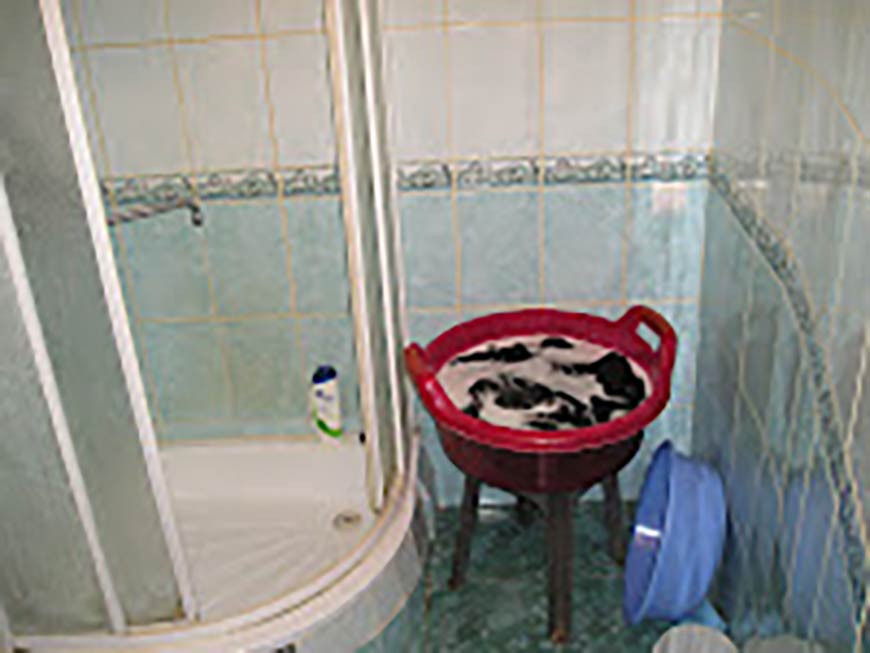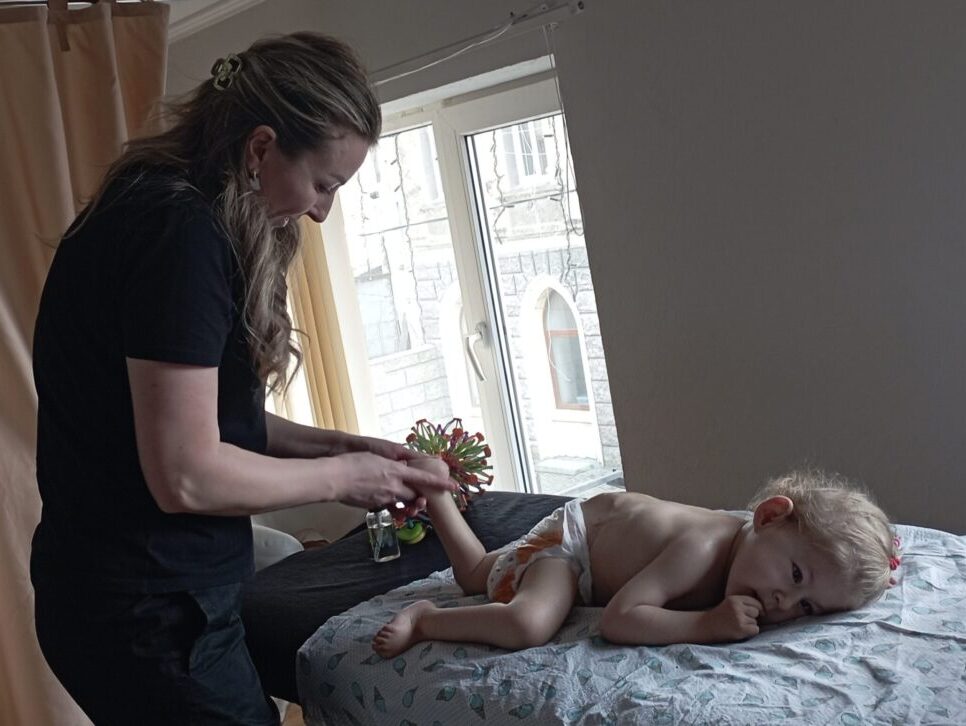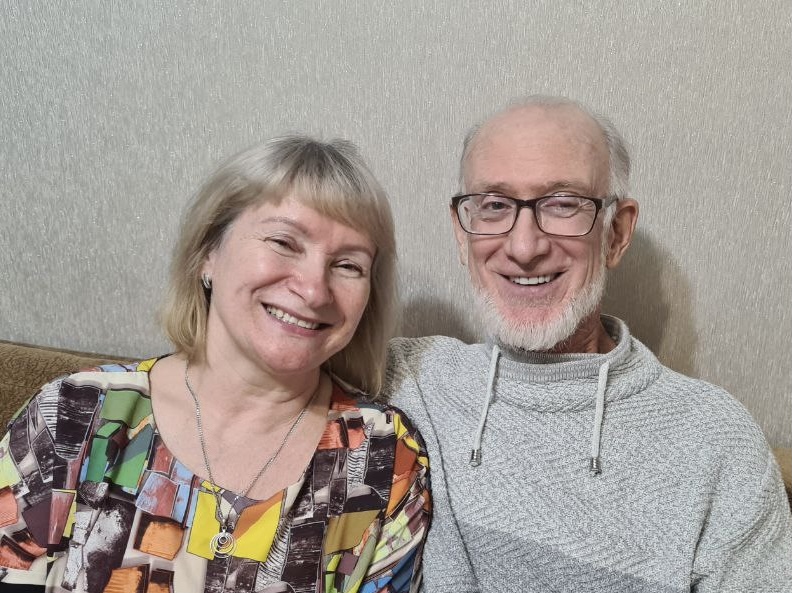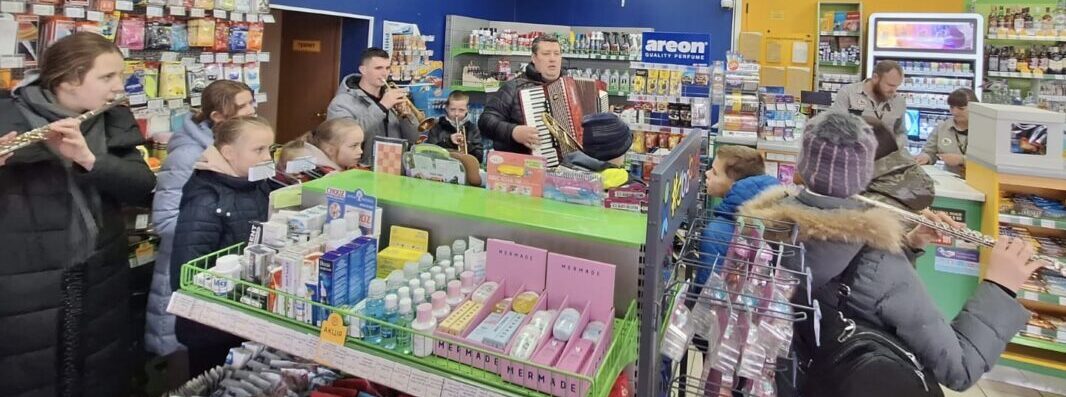When I first arrived in Ukraine, I had a mindset of how things would be.
The first four weeks fit my expectations according to the correspondences that I had before I moved to Ukraine. The modern conveniences were not available everywhere that I visited. It was common to see a wash basin perched on wooden rack on the back of the bathtub. This was for washing the clothes.
Weeks five and six presented a very different situation. I stayed in an apartment with a family who had a very modern looking atmosphere. I the kitchen, under the counter, was a roll-out wash machine. I was treated to this modern convenience, but it seemed strange.
During my three months in missionary school in Ternopol, Ukraine, there was a washing machine. There were eleven students and eight children. I decided to embrace the earlier culture that I had experienced, and do my wash by hand. As I watched the other students rejoicing in their freedom from the doldrums of washing by hand, I wanted to understand their lives better. So I continued to wash my clothes by hand.
When the time arrived for our Outreach practical experience, my team was once more in a more normal Ukrainian situation. This time, not only was there no washing machine, but water was only available at certain times during the day.
In April of the following year, I set up house in an apartment in Illichevsk, Ukraine. I have been living her for six and a half years. After starting a massage clinic for children with Cerebral Palsy, I looked at my own need for exercising my left hand. My bathroom is ready for a washing machine, but I have decided to wait. When I find that special woman, then I will buy a washing machine. Until then, I will do wash by hand, getting the exercise that I need, but have to force myself to do.





